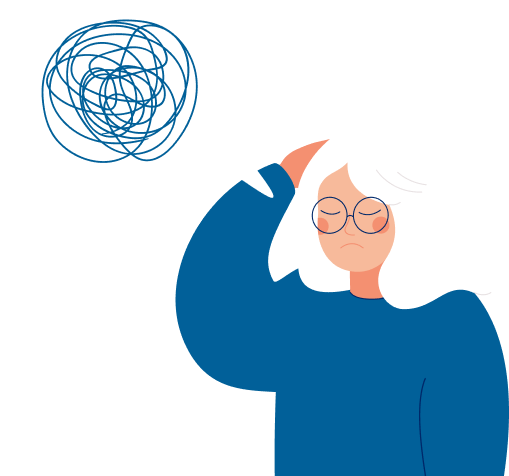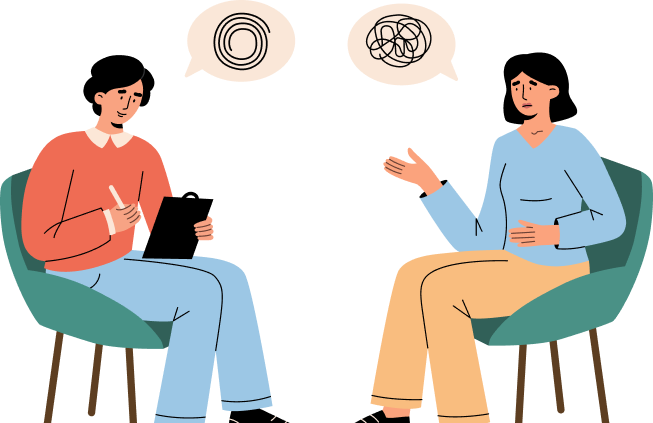Around 11% of Australians experience Social Anxiety in their lifetime
For some people, social events can be anxiety-inducing, and even scary

Around 11% of Australians experience Social Anxiety in their lifetime
For some people, social events can be anxiety-inducing, and even scary


Social gatherings, get-togethers, and family situations can be exciting opportunities to connect with others, make new friends, and strengthen relationships with loved ones. However, for some people, these situations can also be anxiety-inducing and even scary. The thought of being in a crowded room, meeting new people, or engaging in small talk can trigger feelings of fear and discomfort, leading some individuals to avoid social situations altogether.
Fortunately, there are ways to manage and overcome social anxiety. One effective approach is to seek guidance and support from a mental health professional. At Guiding Light Psychology we have a team of professionals that provides tools and techniques to help individuals build confidence and develop social skills, enabling them to be the person they want to be.

Through counselling, group therapy, and other forms of support, Guiding Light Psychology helps individuals identify the root causes of their social anxiety and provides practical strategies for managing symptoms. With time and effort, individuals can learn to overcome their fears and build meaningful relationships with friends and family members.
If you struggle with social anxiety and find it difficult to socialise with friends or family members, know that you are not alone. Seeking guidance and support from Guiding Light Psychology can help you build the confidence you need to become the person you want to be.
You can easily get in touch with us by calling (02) 7252 3418 or by sending an email to info@guidinglightpsychology.com.au. Our friendly team is always ready to assist you with any questions or concerns you may have about our services.

What are some common symptoms of social anxiety?
-
Social anxiety can manifest in a variety of ways, but some common symptoms include excessive worry or fear about being judged by others, avoidance of social situations, physical symptoms such as sweating or trembling, difficulty speaking or making eye contact, and self-consciousness.
Can social anxiety be treated?
+
Yes, social anxiety can be treated through various forms of therapy, including cognitive-behavioural therapy (CBT), exposure therapy, and group therapy. Medication may also be prescribed in some cases. It’s important to seek professional help if you think you may be experiencing social anxiety. Start the conversation with Guiding Light Psychology today!
Is social anxiety the same as shyness?
+
No, social anxiety and shyness are not the same. Shyness is a personality trait characterised by discomfort or awkwardness in social situations, while social anxiety is a mental health condition that causes intense fear and worry about social interactions. While shyness can be a factor in social anxiety, it is important to understand the difference between the two.